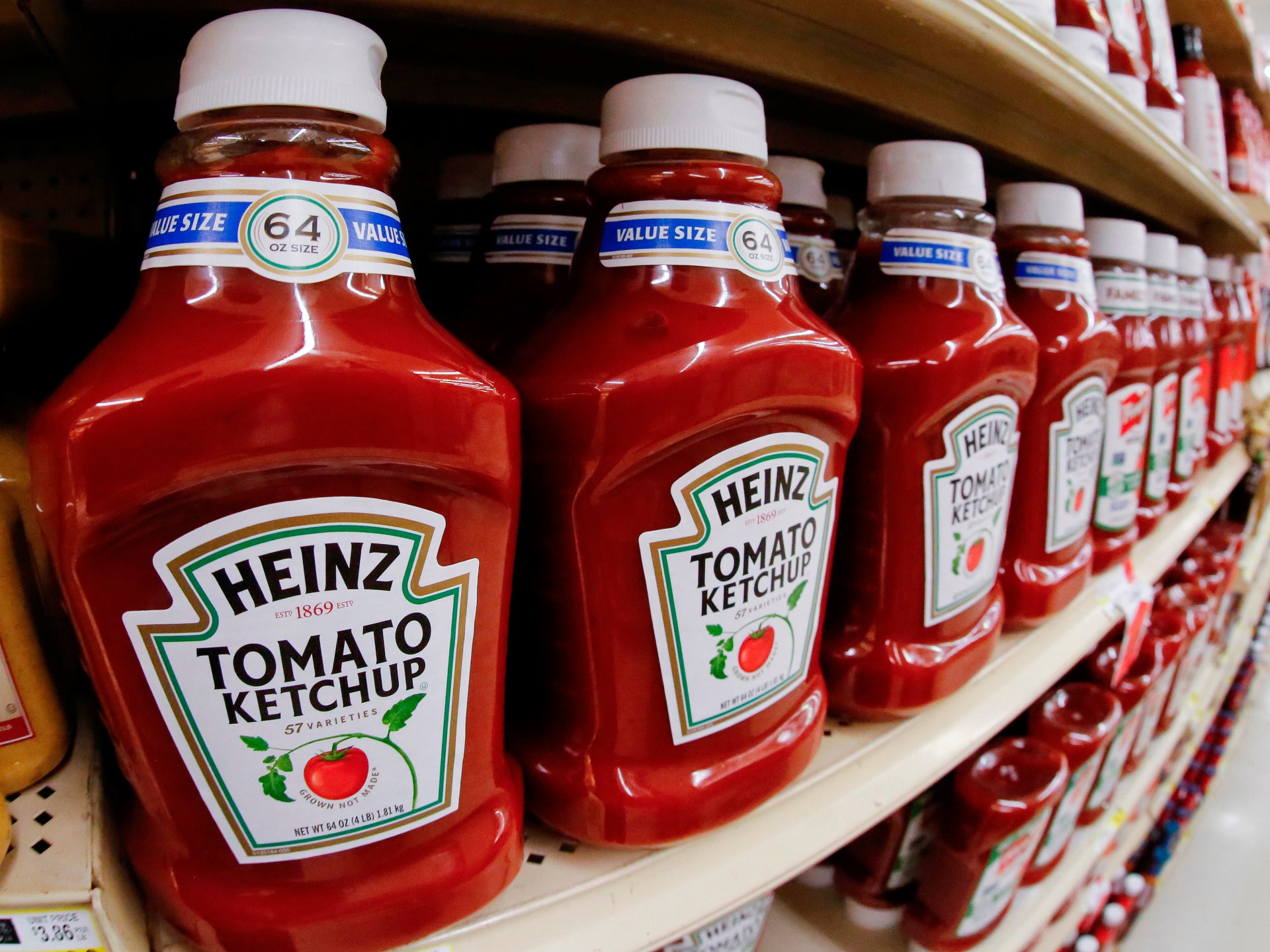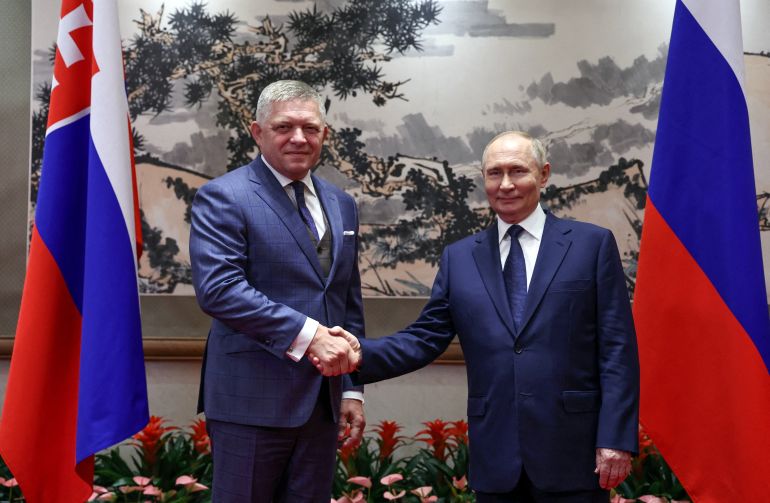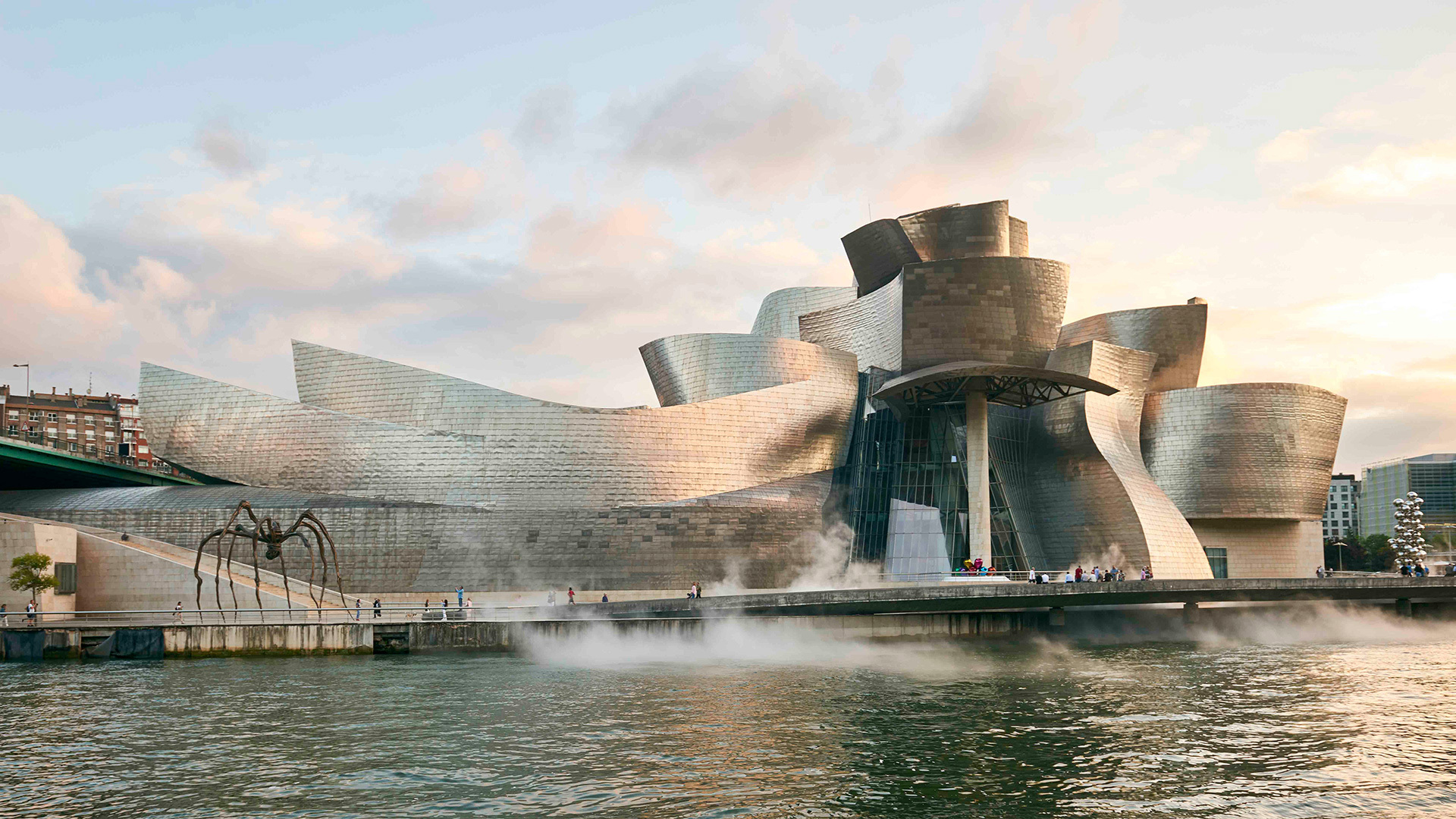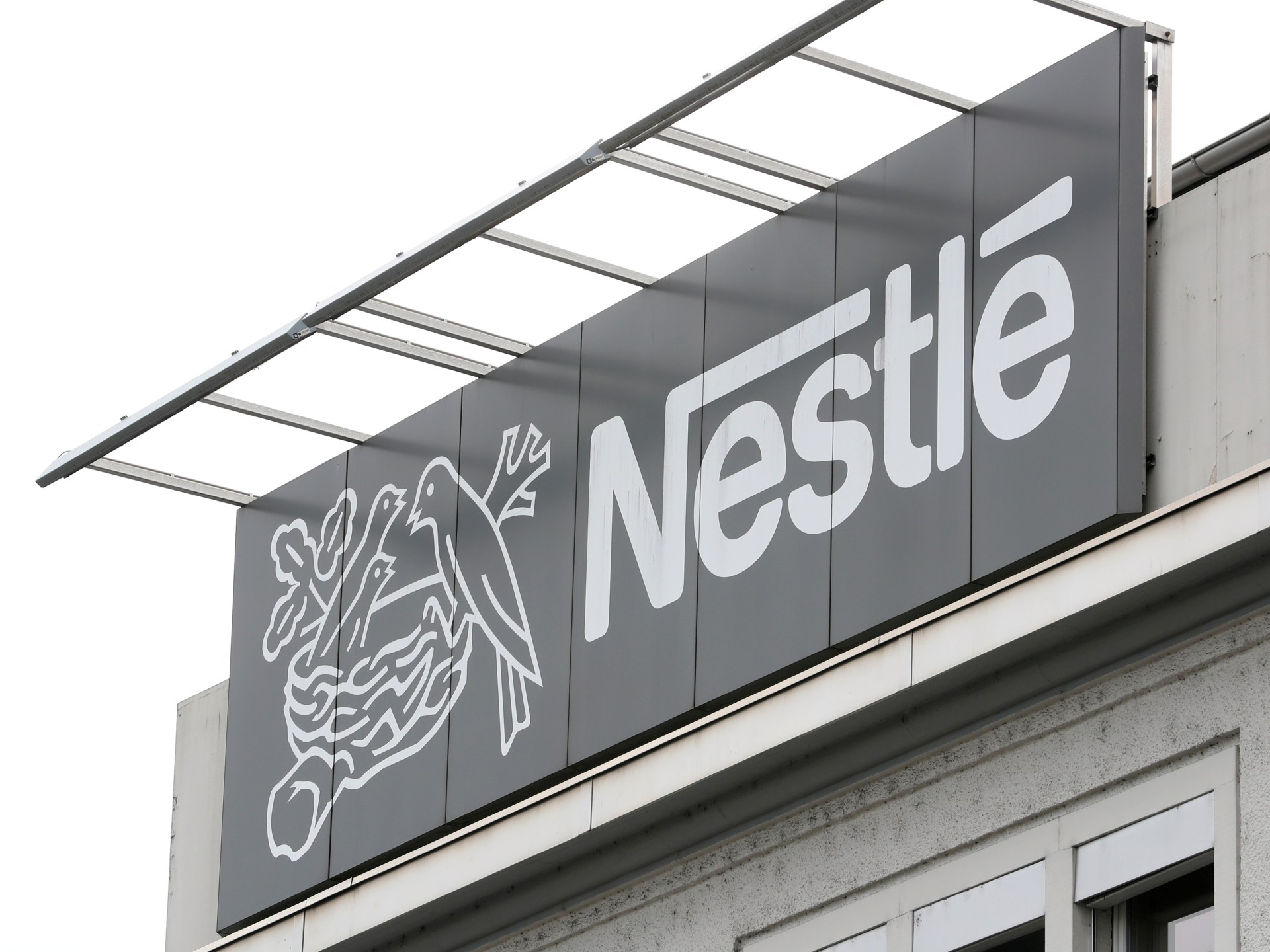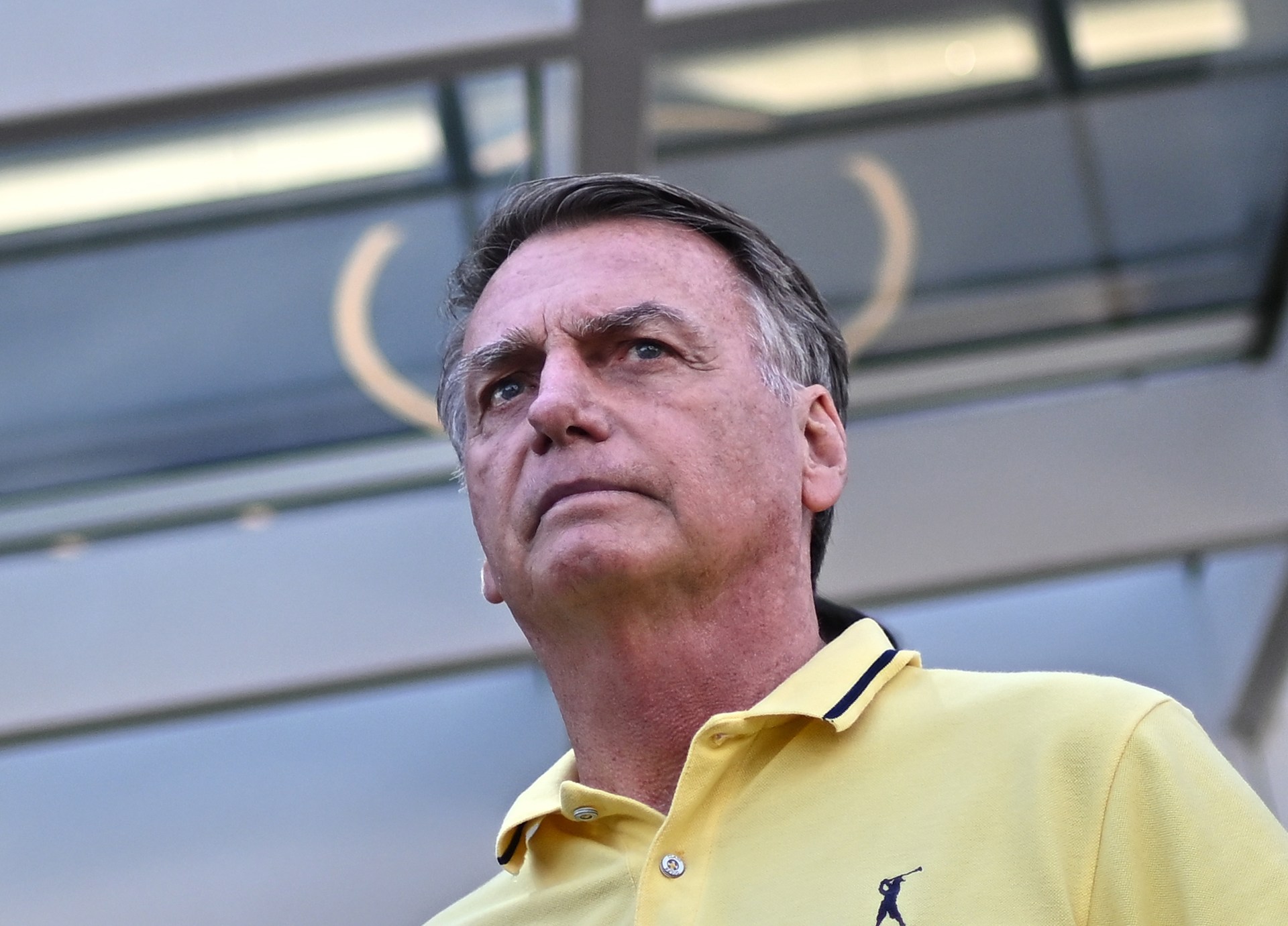Nestle has fired CEO Laurent Freixe after just one year in the job following an investigation into an undisclosed “romantic relationship”, ousting its second chief executive in a year and throwing the Swiss food giant into its deepest leadership chaos in decades.
Freixe’s sudden dismissal followed an investigation into an undisclosed romantic relationship with a direct subordinate that breached Nestle’s code of business conduct, Nestle said late on Monday.
Freixe was replaced by Nespresso chief Philipp Navratil, a rising star at the world’s largest food company as it battles slowing sales, the impact of United States tariffs and eroding investor confidence after years of underperformance.
The Frenchman’s predecessor Mark Schneider failed to cope with the challenge, and it cost him his job in August 2024. Paul Bulcke, CEO from 2008 to 2016, will step down as chairman in April and will be replaced by Pablo Isla, a former CEO of Spanish fashion retailer Inditex.
“The loss of two CEOs and a chairman in a year is of historic proportions for Nestle,” said Ingo Speich, head of corporate governance and sustainability at Deka, a top 30 Nestle investor.
“The new CEO needs to fix the business model and bring volumes back. He needs to do better M&A [mergers and acquisitions] and focus more on emerging markets.”
The upheaval underscores the struggle not only at Nestle but also other consumer goods companies to reignite sales and recover stock values as the post-pandemic cost-of-living crisis drives consumers towards cheaper alternatives. Meanwhile, US tariffs threaten to further inflate prices and alienate already price-sensitive shoppers.
Shares in the maker of Nescafe and KitKat chocolate bars were down 0.8 percent in Zurich by 1:18pm (11:18 GMT).
Speak Up
The company said concerns about a possible relationship were raised by staff via the company’s internal reporting channel, Speak Up, although an initial investigation was unsubstantiated. Freixe had initially denied the relationship to the board, a company spokesperson said.
When staff concerns persisted, Nestle said it ordered an investigation overseen by Bulcke and Lead Independent Director Isla with the support of independent outside counsel. Swiss media reported that Swiss lawyers from the Baer & Karrer law firm helped with the inquiry.
Freixe, who spent 39 years with Nestle, will receive no exit package, the company told the Reuters news agency.
In a short statement, Bulcke thanked Freixe for his years of service at Nestle but said the dismissal was a “necessary decision”.
His dismissal adds to a list of top executives forced to resign after investigations into their relationships with colleagues.
Energy giant BP’s former CEO Bernard Looney and McDonald’s CEO Steve Easterbrook were both removed for failing to disclose relationships with colleagues.
The Swiss financial news website Inside Paradeplatz reported that Freixe met the woman in 2022 before he became CEO and when he was head of Nestle’s Latin America business.
Freixe was not immediately available to comment when contacted via email. The identity of the female subordinate has not been made public.
Swiss law does not prohibit relationships between senior executives nor does it require disclosure although most large companies have internal codes of conduct that require they are disclosed.
Corporate governance expert Peter V Kunz from the University of Bern said he was not familiar with Nestle’s rules but said requirements at most public companies were broadly similar.
“In this respect, Mr Freixe’s behaviour – regardless of whether it was legal or not – seems to me to be simply stupid and incomprehensible in this day and age,” Kunz told Reuters, adding that he did not think investors had grounds for legal action against Nestle.
Opportunity for overhaul
Nestle’s shares, a bedrock of the Swiss stock exchange, have lost almost a third of their value over the past five years, underperforming their European peers.
Freixe’s appointment failed to halt the slide, and the company’s shares shed 17 percent of their value during his leadership, disappointing investors.
One top 20 Nestle investor welcomed news of the change, saying Freixe had been a disappointment and bringing in Navratil was an opportunity for a more ambitious overhaul.
The new CEO needs to slim down the company, cut costs and above all reduce the headcount, the investor, who declined to be named due to the sensitivity of the matter, said, adding that it is also crucial for the company to raise organic growth to boost volumes.
“The cash flow must cover the dividend,” the investor said. “That’s an absolute priority.”
In July, Nestle launched a review of its underperforming vitamins business, which could lead to the divestment of some brands after first-half sales volumes missed expectations.
Freixe’s dismissal was featured on the front page of Swiss newspapers with Neue Zuercher Zeitung noting that Nestle had lost its “legendary stability” during which CEOs stayed on for years before eventually becoming chairmen.
AJ Bell investment director Russ Mould said the company would likely face a period of uncertainty over whether Navratil will follow the same path as his predecessor.

